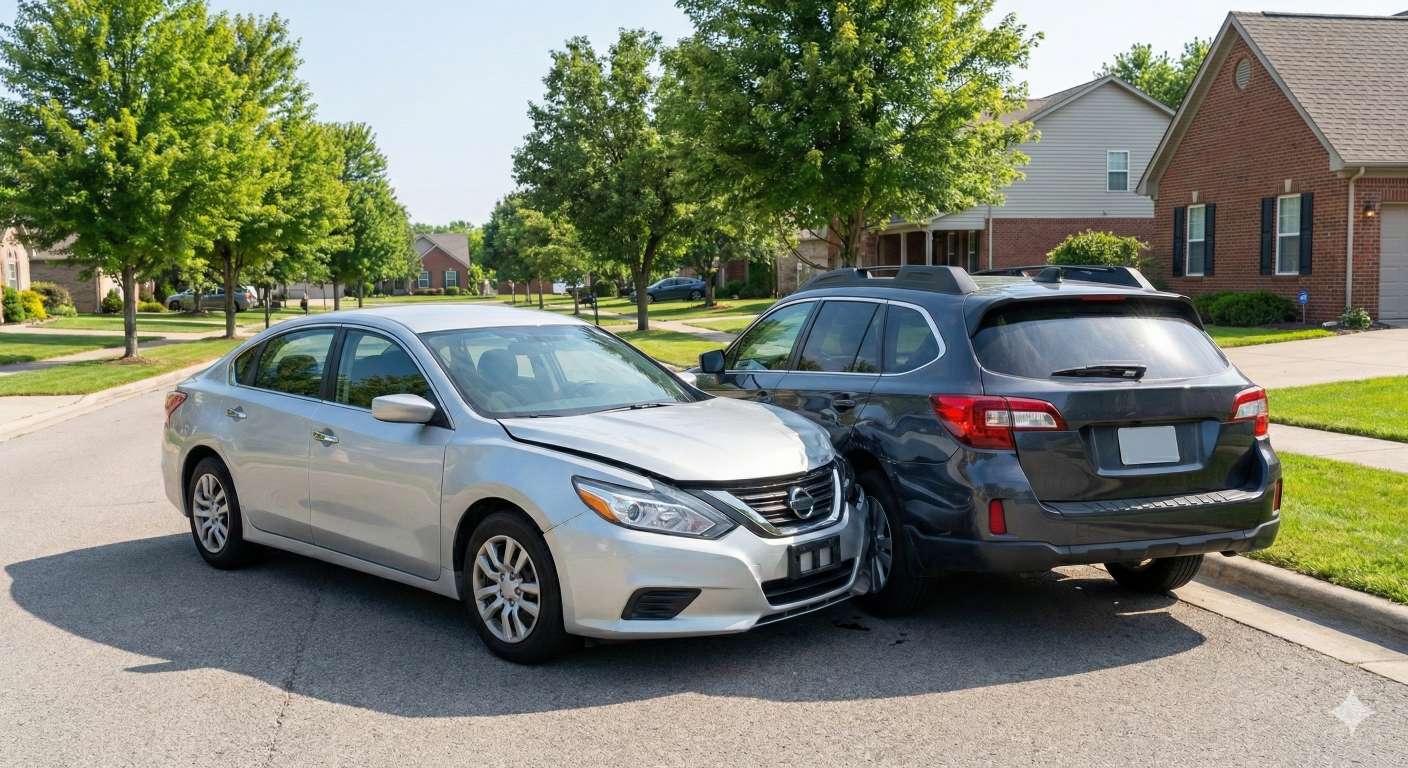No Fee Unless You Win
No Fee Unless You Win
Immediately after an accident, a thorough examination of the victims and vehicles involved should be conducted to help a car accident lawyer in Phoenix identify injuries and determine the possible causes.
The tests that must be done on all drivers involved in a car accident could include physical examinations, neurological assessments, blood tests, CT scans, MRIs, X-rays, and drug tests.
All car accident victims should undergo a thorough physical examination to assess the severity of their injuries. This examination should also assess their musculoskeletal system and general physical condition.
An X-ray scans your bones for fractures and dislocations. It provides images of your skeleton to reveal physical damages that may not be visible to the naked eye.
Head injuries are common in car accidents. Unfortunately, they’re often not immediately evident. They can range from traumatic brain injuries to minor concussions.
Therefore, a thorough neurological evaluation is necessary immediately after an accident to identify and treat possible head injuries. This evaluation involves assessing cognitive function, reflex response, and coordination. It may also reveal internal bleeding and damage to the brain or spine.
A computed tomography (CT) scan is the only way to determine the condition of your internal organs (e.g., liver, brain, lungs, and spleen) after a car crash. It provides cross-sectional images of internal organs and can identify injuries the X-ray machine may have missed.
A magnetic resonance imaging (MRI) scan is necessary to identify damaged soft tissues. It captures injuries that can’t be seen on an X-ray and CT scans.
A blood test is necessary to assess your overall health. It identifies infections, inflammations, organ failure, and internal bleeding.
Law enforcement may require you and the other parties in an accident to undergo sobriety tests to determine if anyone was under the influence of drugs or alcohol. These tests may include blood tests, breathalyzers, and field sobriety tests.
The cars involved in the accident need to be inspected, too. Newer cars may have event data recorders that can be analyzed for critical details about speed, braking, seatbelt usage, airbag deployment, and the degree of impact.
A thorough mechanical examination will help identify any pre-existing mechanical problems (e.g., brake failures, faulty head or tail lights, etc.) that may have caused the accident. It will also show whether the vehicles were serviced correctly.
Law enforcement will evaluate the weather conditions at the time of the accident to determine if they contributed to the accident to help determine liability.
These tests are essential for various reasons, including addressing the legal and financial consequences of the accident. They help determine the severity of injuries sustained, the amount of money needed to treat injuries, and subsequent compensation.
Regarding treatment and compensation, you need to figure out how to manage your medical expenses and how medical bills are paid after a car accident. Your car insurance company will often take care of the medical bills, depending on your insurance coverage.
These tests also help determine liability. To be fully compensated, you must prove that another party is entirely responsible for the accident. Your lawyer should gather all the available evidence to support your case.
If you’re planning to bring someone to court, your lawyer should explain the entire process, including what percentage of car accident cases go to trial and how many succeed.
Tests performed after a car accident ensure the safety of the victims and help them get justice and compensation. They provide information necessary for a conclusive resolution of car accident cases. Reach out to Gage Mathers today if you need a qualified and experienced car accident attorney in Phoenix!

Victims of an accident can experience both physical and psychological trauma. Signs of emotional distress include anxiety, panic attacks, depression, insomnia, debilitating fear, social withdrawal, a...
Posted by Joseph D'Aguanno
When you hire a car accident lawyer Phoenix, they will send the insurance company and any other parties responsible for the crash a letter outlining your claims, damages you’ve incurred, and th...
read morePosted by Joseph D'Aguanno
According to the Arizona Department of Transportation, approximately 30% of all motor vehicle accidents in the state result in an injury. The most common car accident injuries include whiplash, b...
read moreIf you or a loved one has been seriously injured, please fill out the form below for your free consultation or call us at (602) 258-0646
2525 E Arizona Biltmore Cir #A114, Phoenix, AZ 85016
get directions